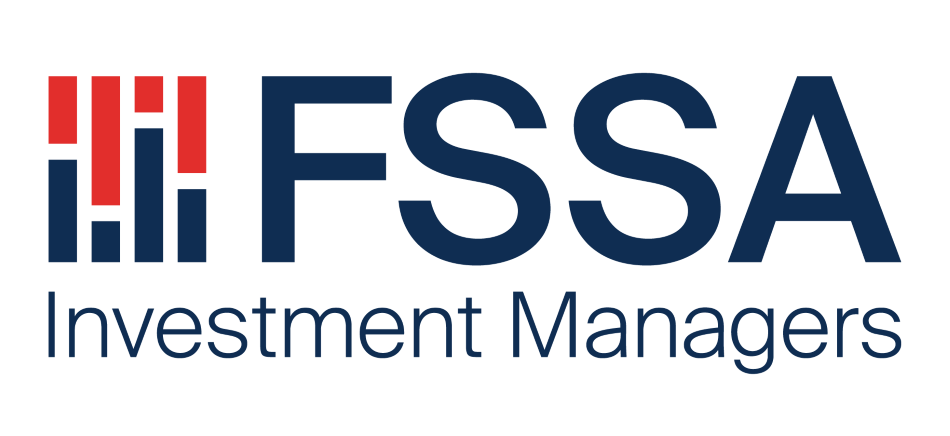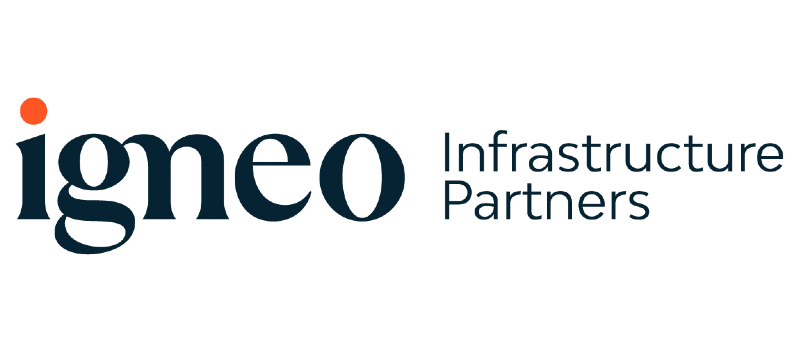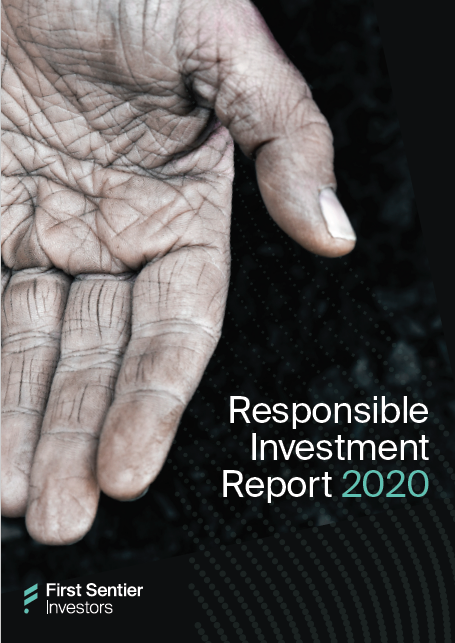Marine microplastic pollution – engaging with the laundry industry
Inger Andersen
Executive Director, UN Environment Program former Director General, International Union for Conservation of Nature
The advent of polymer-based synthetic fibres like nylon and polyester has transformed fashion and revolutionised garment production with more than 60% of the clothes we buy today containing them. When we wash our clothes at home tiny fragments break off in the washing machine and are released unseen, with the wastewater, into rivers and oceans. Collectively the tiny synthetic fibres represent a major source of microplastic pollution in our oceans, equivalent in volume to every person on the planet throwing 15 plastic shopping bags into the sea every year.
In collaboration with the UK’s Marine Conservation Society, we are leading a program to engage with the manufacturers of domestic and commercial washing machines to fit filtration technology to their products, as a standard feature, that prevent plastic microfibres entering the world’s marine ecosystems. This technology is available today, but is not widely used by the industry.
Globally more than 840 million domestic washing machines are in use, with one kilogram of washing able to release up to 1.5 million fibres4. Across the UK, for example, 9.4 trillion fibres could be released in one week alone5. With the advent of technological solutions to fit filters in washing machines, there are now solutions to prevent this serious pollution risk. However, adoption is slow, and we have identified a need to apply group pressure to manufacturers with the objective of encouraging commitments to fit filter technology as a standard feature.
FSSA Investment Managers knows better ESG outcomes start with a conversation
In 2016, shortly after China’s National Health Conference, China announced the Healthy China 2030 Planning Outline. The proposal aims to promote healthy lifestyles and physical fitness to prevent a future health crisis with such a large aging population.
Feeding China is a remarkable challenge. The country can provide for 22% of the world population with just 7% of the world’s arable land.1 But a consequence of this consumption and resource imbalance is that the country has had to carefully manage its water consumption, fertiliser use and biodiversity. These challenges will no doubt be exacerbated in the future by the ongoing climate crisis.
When investing in China, alignment with the state is also a prudent consideration. We engage with our companies to ensure they are adapting to both social and political trends. Both these health and resource scarcity government initiatives affect Yum China, the master franchisee of KFC and Pizza Hut in China.
We have debated Yum China at length and regularly over recent years. It is a high conviction position for a number of our funds, but for some of our portfolio managers, the sustainability hurdle has been too high. There are a number of environmental and social concerns we have had, including the environmental impact of their supply chain, the quality of their sourcing standards and the obvious issues of selling and marketing fried food.
Following an analysis of their sustainability reporting, we engaged with the company to follow up on our concerns. We were pleased to hear about a number of initiatives to improve their sustainability measures. In particular, we were impressed by their speed in adapting to consumer preferences and their awareness of the environmental impact. Proactively addressing both will prove critical in China, where we are seeing a rapid change in attitudes towards public health and climate risk.
The company has been purchasing Roundtable on Sustainable Palm Oil (RSPO) certified palm oil for some time; and they are continually implementing new initiatives, such as a company-wide sustainable packaging sourcing policy and environmental risk management databases. We outlined our concerns to management and encouraged a more ambitious target. This includes things like 100% sustainably sourced soy for chicken feed and incorporating healthier menu items.
Additionally, we have stressed to management that supply chain management and sourcing standards are crucial in identifying and tackling climate-related risks. To this end, we have suggested that more disclosure and analysis around scope 3 emissions should be a priority. Management admitted that they have struggled with spreading awareness within China (where 98% of their suppliers are based), but that they are working closely with their suppliers to ensure alignment. We believe the company’s extensive auditing around food safety is an indication of management’s proactiveness once they commit to standards.
While the company suffered in the past with quality and food safety issues, their quality audits and training now cover 100% of their restaurants and logistics centres, and the Food Safety Committee features three of the company’s directors and reports directly into the board. Hence, we are optimistic that the business will extend this critical lens to their more social and climate-related challenges.
Overall, we believe Yum China’s alignment and leadership on public health and environmental initiatives demonstrate a willingness to be proactive around future regulatory risks and we have increased our conviction in the company.
China feeds
22% of the world's population but makes up only
7% of the world’s arable land
1 H. Zhong et al. – Modern China H. Zhong et al. – Modern China
Get the right experience for you
Your location :  Switzerland
Switzerland
Australia & NZ
-
 Australia
Australia -
 New Zealand
New Zealand
Asia
-
 Hong Kong (English)
Hong Kong (English) -
 Hong Kong (Chinese)
Hong Kong (Chinese) -
 Singapore
Singapore -
 Japan
Japan


























 United Kingdom
United Kingdom 